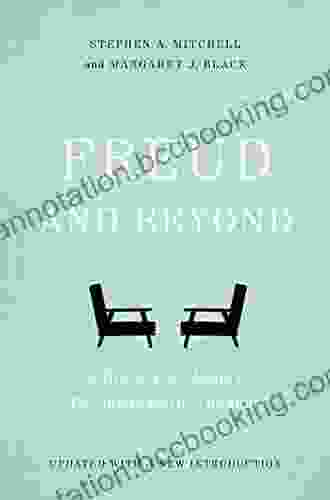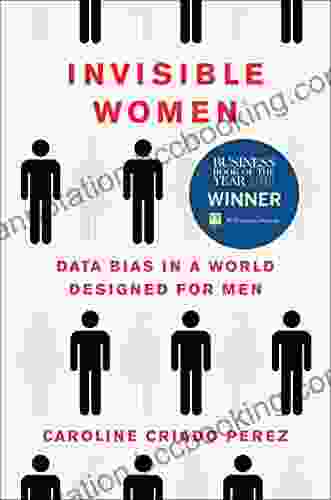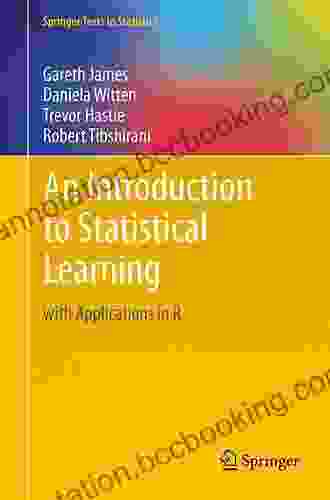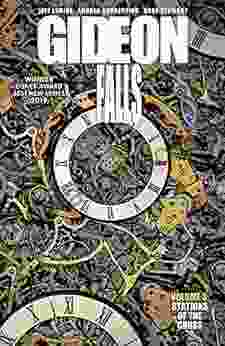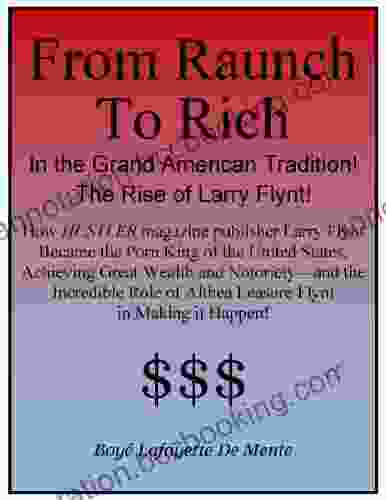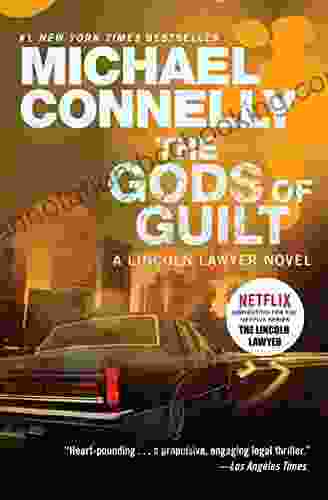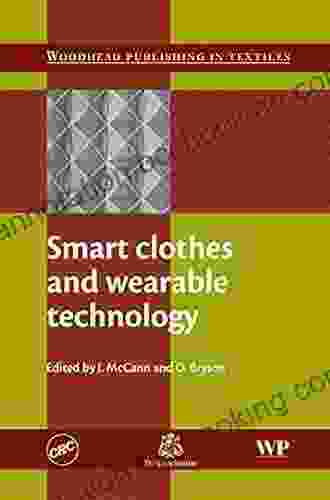Unveiling the Tapestry of Modern Psychoanalytic Thought: A Comprehensive Exploration

The history of psychoanalysis is a captivating journey through the exploration of the human psyche. From its humble beginnings with Sigmund Freud's groundbreaking theories to the myriad contemporary approaches, psychoanalytic thought has profoundly influenced our understanding of ourselves and the world around us. "History of Modern Psychoanalytic Thought" presents an unparalleled account of this intellectual odyssey.
The annals of psychoanalysis begin with Sigmund Freud, a Viennese neurologist who revolutionized the understanding of the human mind. His radical ideas challenged prevailing notions of mental illness and introduced concepts such as the unconscious, psychoanalysis, and the Oedipus complex.
Freud's theories emphasized the influence of unconscious drives, particularly sexual and aggressive impulses, on human behavior and mental health. His work paved the way for a deep exploration of human subjectivity and the complexities of the psyche.
4.6 out of 5
| Language | : | English |
| File size | : | 1105 KB |
| Text-to-Speech | : | Enabled |
| Screen Reader | : | Supported |
| Enhanced typesetting | : | Enabled |
| Word Wise | : | Enabled |
| Print length | : | 324 pages |
In the wake of Freud's legacy, a wave of neo-Freudian thinkers emerged, refining and expanding upon his ideas. Carl Jung, Alfred Adler, and Karen Horney, among others, put forth alternative perspectives on the human psyche, emphasizing the importance of social context, personal growth, and interpersonal relationships.
These neo-Freudians challenged Freud's deterministic view of human nature and highlighted the role of individual experience and conscious choice in shaping our lives. Their contributions broadened the scope of psychoanalytic thought, enriching our understanding of human personality.
The mid-20th century witnessed the rise of post-Freudian perspectives, which further challenged Freud's theories. Object relations theory, developed by Melanie Klein and others, emphasized the importance of early object relationships in shaping personality.
Other post-Freudians, such as Heinz Kohut and Otto Kernberg, developed theories focusing on the role of self-esteem and interpersonal relations in mental health. These perspectives brought a new emphasis on the relational aspects of the psyche, moving beyond Freud's focus on individual drives.
Modern psychoanalytic thought continues to evolve with the emergence of contemporary approaches that draw upon both traditional and innovative ideas. Relational psychoanalysis, for example, places central importance on the therapeutic relationship and the therapist's role in facilitating growth and change.
Interpersonal psychoanalysis, developed by George Eman Vaillant, explores the role of social context and life experiences in shaping personality and mental health. Other contemporary perspectives include cognitive psychoanalysis, attachment theory, and mindfulness-based psychoanalytic approaches.
The insights gained from psychoanalytic thought have had a profound impact not only on clinical practice but also on various fields of human inquiry. From its origins in the treatment of psychological disFree Downloads, psychoanalysis has expanded to inform fields such as:
- Literary and Artistic Criticism: Psychoanalytic concepts have been widely used in the analysis and interpretation of works of art and literature, shedding light on the psychological motivations and themes underlying creative expression.
- Social Sciences: Psychoanalytic ideas have influenced social psychology, sociology, and anthropology, providing valuable insights into group dynamics, social interactions, and cultural patterns.
- Developmental Psychology: Psychoanalytic perspectives have contributed significantly to our understanding of child development, attachment, and the shaping of personality throughout the lifespan.
- Neuroscience: The integration of neuroscience and psychoanalysis has led to new insights into the biological underpinnings of mental phenomena and the role of the brain in psychological processes.
"History of Modern Psychoanalytic Thought" offers an in-depth and comprehensive exploration of this fascinating intellectual journey. Its key benefits include:
- Comprehensive Coverage: The book provides a thorough examination of major psychoanalytic theories, from Freud's groundbreaking ideas to contemporary approaches.
- Critical Analysis: The authors critically evaluate each theory, presenting both its strengths and limitations, fostering a balanced understanding of psychoanalytic thought.
- Historical Context: The book places psychoanalytic theories within their historical context, highlighting the intellectual currents and cultural influences that shaped their development.
- Clinical Implications: The book explores the practical applications of psychoanalytic theories in psychotherapy, helping readers understand how these concepts translate into clinical practice.
- Interdisciplinary Perspectives: The book draws upon insights from various disciplines, including psychology, neuroscience, philosophy, and cultural studies, providing a multi-faceted view of psychoanalytic thought.
"History of Modern Psychoanalytic Thought" is an essential resource for anyone interested in the evolution and application of psychoanalytic ideas. Its comprehensive coverage, critical analysis, and engaging writing style make it an invaluable resource for students, practitioners, scholars, and anyone seeking a deeper understanding of the human psyche.
By delving into the tapestry of modern psychoanalytic thought, we gain a profound appreciation for the enduring quest to unravel the complexities of the human mind. From Freud's groundbreaking theories to contemporary approaches, the journey continues, enriching our understanding of ourselves and the world around us.
4.6 out of 5
| Language | : | English |
| File size | : | 1105 KB |
| Text-to-Speech | : | Enabled |
| Screen Reader | : | Supported |
| Enhanced typesetting | : | Enabled |
| Word Wise | : | Enabled |
| Print length | : | 324 pages |
Do you want to contribute by writing guest posts on this blog?
Please contact us and send us a resume of previous articles that you have written.
 Book
Book Novel
Novel Page
Page Chapter
Chapter Text
Text Story
Story Genre
Genre Reader
Reader Library
Library Paperback
Paperback E-book
E-book Magazine
Magazine Newspaper
Newspaper Paragraph
Paragraph Sentence
Sentence Bookmark
Bookmark Shelf
Shelf Glossary
Glossary Bibliography
Bibliography Foreword
Foreword Preface
Preface Synopsis
Synopsis Annotation
Annotation Footnote
Footnote Manuscript
Manuscript Scroll
Scroll Codex
Codex Tome
Tome Bestseller
Bestseller Classics
Classics Library card
Library card Narrative
Narrative Biography
Biography Autobiography
Autobiography Memoir
Memoir Reference
Reference Encyclopedia
Encyclopedia Boyd Craven Iii
Boyd Craven Iii Cute Amigurumi
Cute Amigurumi Jenny Mollen
Jenny Mollen Chris Legaspi
Chris Legaspi Michael Mcfaul
Michael Mcfaul G Richard Shell
G Richard Shell Miguel Angel Gardetti
Miguel Angel Gardetti Rachel Lloyd
Rachel Lloyd Daniel Tammet
Daniel Tammet Marjorie Flack
Marjorie Flack Jim Mccarthy
Jim Mccarthy Patrick X Gallagher
Patrick X Gallagher Gail Pallin
Gail Pallin Jason Curtis
Jason Curtis Beca Aberdeen
Beca Aberdeen Laura Coates
Laura Coates Jacqueline H Wolf
Jacqueline H Wolf David Paleschuck
David Paleschuck Lillian Faderman
Lillian Faderman Richard Eyre
Richard Eyre
Light bulbAdvertise smarter! Our strategic ad space ensures maximum exposure. Reserve your spot today!
 Herb SimmonsFollow ·14.9k
Herb SimmonsFollow ·14.9k Ivan TurgenevFollow ·13.2k
Ivan TurgenevFollow ·13.2k Curtis StewartFollow ·15.2k
Curtis StewartFollow ·15.2k Ricky BellFollow ·18.6k
Ricky BellFollow ·18.6k August HayesFollow ·14.3k
August HayesFollow ·14.3k Chase SimmonsFollow ·3.6k
Chase SimmonsFollow ·3.6k Sidney CoxFollow ·5.8k
Sidney CoxFollow ·5.8k Billy FosterFollow ·17.1k
Billy FosterFollow ·17.1k
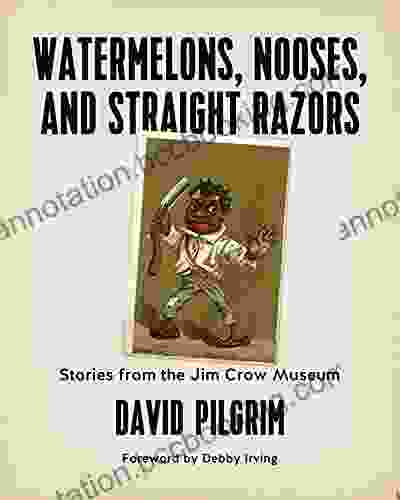
 Voltaire
VoltaireStories From The Jim Crow Museum: Unveiling the Haunting...
A Journey into the Depths of...
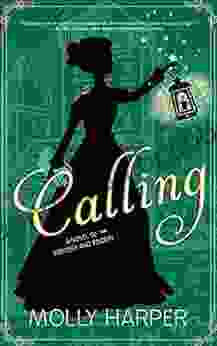
 F. Scott Fitzgerald
F. Scott FitzgeraldCalling Sorcery And Society: Illuminating the...
: The Alluring Embrace of Sorcery ...

 Marcel Proust
Marcel ProustBranding Bud: Unveiling the Green Rush
As the legalization...
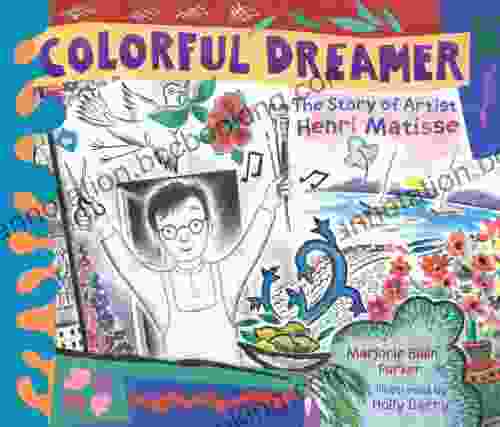
 Henry Wadsworth Longfellow
Henry Wadsworth LongfellowColorful Dreamer: The Story of Artist Henri Matisse
Henri Matisse was a French artist...
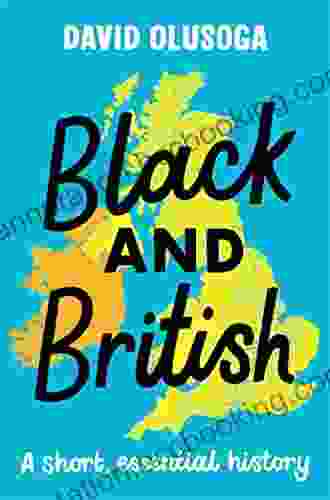
 Adrian Ward
Adrian WardDelving into the Tapestry of Black British Identity: A...
In the realm of historical...
4.6 out of 5
| Language | : | English |
| File size | : | 1105 KB |
| Text-to-Speech | : | Enabled |
| Screen Reader | : | Supported |
| Enhanced typesetting | : | Enabled |
| Word Wise | : | Enabled |
| Print length | : | 324 pages |


